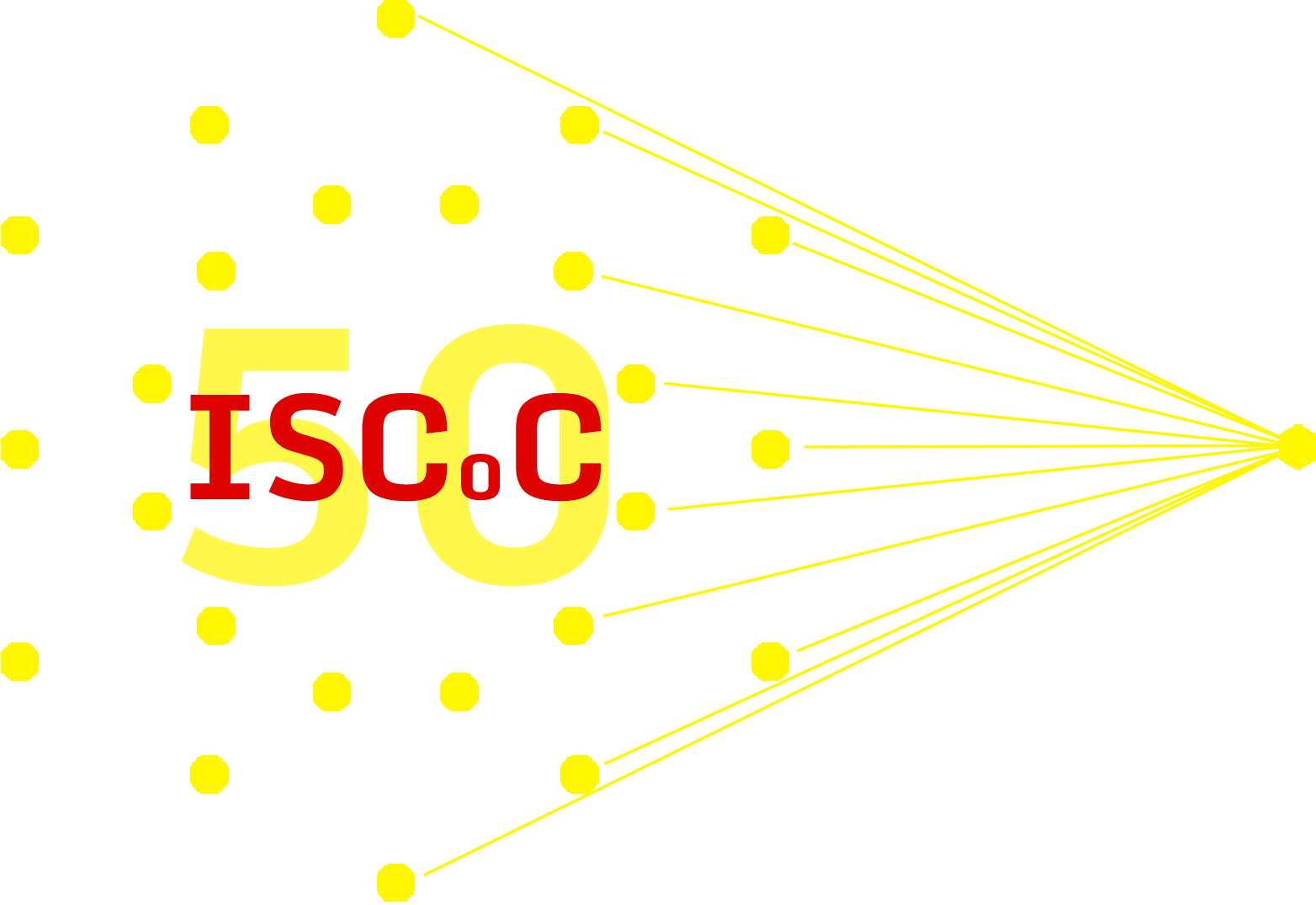
Ettore Majorana Foundation and Centre for Scientific Culture
President: Professor Antonino Zichichi
INTERNATIONAL SCHOOL of CRYSTALLOGRAPHY
Director: Giovanna Scapin, PhD
Director Emeritus: Sir Tom Blundell, FRS FMedSci
Cookies help us deliver our Services. By using our Services or clicking I agree, you agree to our use of cookies.
I agree cookie policy
Ettore Majorana Foundation and Centre for Scientific Culture
President: Professor Antonino Zichichi
Director: Giovanna Scapin, PhD
Director Emeritus: Sir Tom Blundell, FRS FMedSci
The course was very well received since the number of applications were higher than the prearranged number of students. At the end of the selection, there were 75 attendees and 29 speakers and tutor leaders.
Considering all the participants, the course was attended by 63 (60,6%) men and 41 (41,7%) women, from 28 different countries. Particularly, among the speakers there are 65,5% male (19) and 34,5% female (10) lecturers while among the students there were 58,7% of male (44) and 41,3 % of female attendees (31).
Participants were largely from university (PhD students, postdoctoral and young researchers), with some industry participants.
The program was designed to provide an overview of a wide range of topics and encourage participants towards further learning. The daily schedule included either lectures or workshops in the morning, followed by lectures in the afternoon.
The sequence of lectures was scheduled to start with some of basic concepts of powder diffraction and scattering and to progress to more contemporary methods (hybrid and tandem techniques, computational methods, machine learning).
The school offered 12 workshops, aiming to introduce participants to software packages and their practical use. Even if a hands-on tutorial was not always possible, the students were provided with extensive documentation and some step-by-step instructions to continue the learning independently after the school. Two topical workshops included Python programming basics and the use of Python for machine learning in crystallography and powder diffraction. These can be considered a first of their kind in a crystallography school, and they provided soft skills likely to prove invaluable in the future.
Two evening poster sessions allowed participants opportunities to present and engage with delegates on their research. With posters displayed over two sessions, the event facilitated vibrant discussions and excellent networking opportunities.
The course included two panel discussions. The panel on metadata and data aimed to raise awareness of importance of producing meaningful, correct and standardized powder diffraction data. The panelists included beamline scientists, industry professionals and university professors. The panel “Young crystallographers ask” aimed for an open discussion between participants and lecturers on science and careers in crystallography.
One poster prize was offered by IUCr and it was awarded to Benjamin Fahl (ETH Zuerich, CH).
The Lodovico Prize (acknowledging the most active student inside and outside the lecture hall) was conferred to Francesco Colombo (University of Modena e Reggio Emilia, IT).
During the closing ceremony, several awards were presented. For the posters, the first place was assigned to Anna Mauri (University of Insubria, IT); the second to Marta Morana (University of Florence, IT) and the third one was conferred to Mandela Toku (University of Ghana, GH).
At the end of the Course, participants were asked to participate in a survey to judge and comment on the quality of the Course. Their responses indicates that a similar meeting should be held at least in 3-4 years’ time. The 67% of the voting participants scores the course higher than 90/100.
During the course, one afternoon and the following evening were devoted to the 50th Anniversary Celebration of the ISCoC, founded in 1974. Firstly, participants challenged each other in the game “Guess the Crystallographer” and afterwards, during the dinner, a prize for the best golden object was awarded.
The directors
Dave Billing, Matteo Leoni, Dubravka Sisak Jung